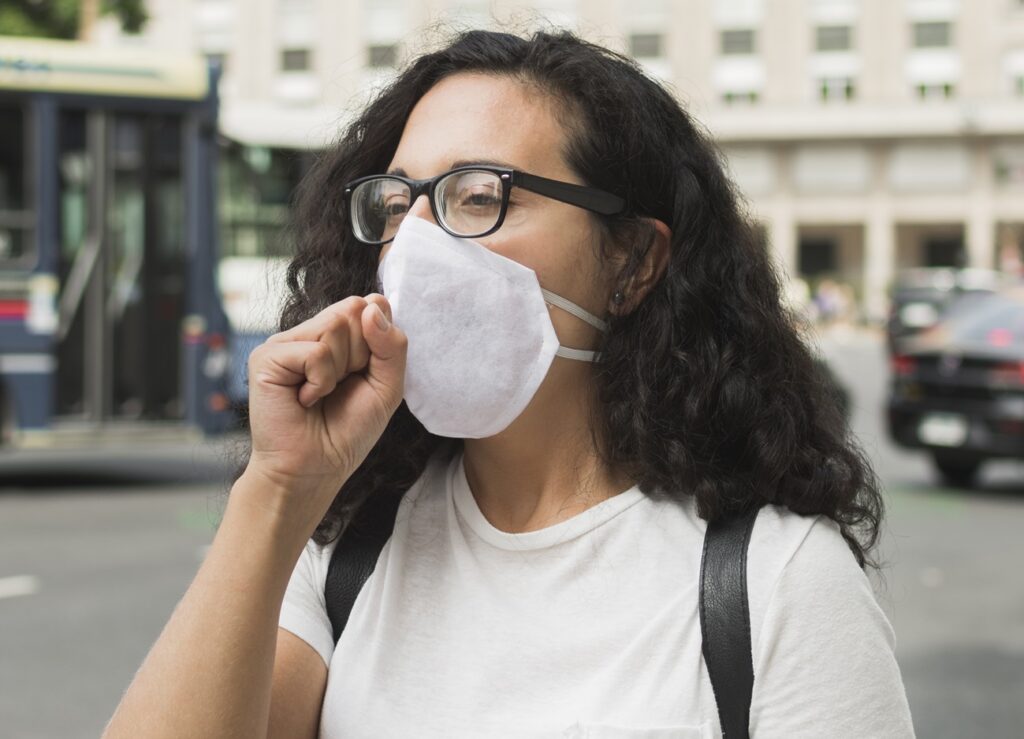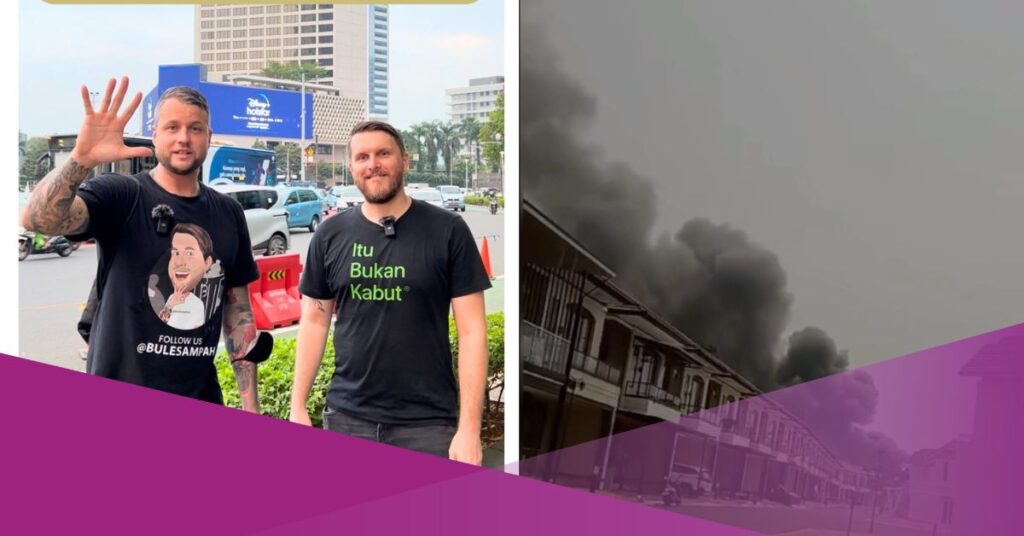The problem of poor air quality in Jakarta is under serious scrutiny. Apart from vehicle emissions, cigarette smoke is even allegedly contributing to poor air quality. Although not as big as smoke from motorized vehicles, smoke from burning cigarettes is very harmful to health.
Benedict Wermter, better known as Bule Sampah, uploaded a video in collaboration with Piotr Jakubowski, Co-Founder of the Nafas app. In the video, they discuss 5 places with the dirtiest air conditions in the Jabodetabek area.
Air pollution has a serious impact on public health in the Jabodetabek area. The Nafas app is an air quality measurement app that has been present in Indonesia since 2020. This app often shows that the air quality in Jabodetabek is very bad and alarming.
Here is a list of 5 poor-quality places in Jabodetabek based on data from the Nafas application in June 2024.
Lihat postingan ini di Instagram
Sebuah kiriman dibagikan oleh Bule Sampah || Environmental Education Platform (@bule_sampah)
1. Sindang Jaya, Tangerang
Piotr stated that breathing air in this area in June 2024 is equivalent to 108 cigarettes/month.
2. Babakan, South Tangerang
There are many open green areas in South Tangerang, but this area is also a place where residents burn garbage.
3. Karang Sari, Tangerang
Air pollution in this area is equivalent to 95 cigarettes/month, which means 5 packs of cigarettes.
4. Pondok Pucuk, South Tangerang
There are allegedly many areas in this area that burn garbage irresponsibly. According to the air pollution in this area, it is equivalent to 92 cigarettes/month.
5. Semanan, West Jakarta
According to Piotr, this area has many industries that are sources of air pollution.
The poor air quality, which is equivalent to the effects of smoking, essentially turns residents in the area into involuntary ‘passive smokers’, as it exposes them to the same harmful substances as those who smoke.
The impact of pollution is bad for pregnant women and toddlers. Some of the health problems associated with air pollution include premature birth, low baby weight, stunting, asthma, Acute Respiratory Infection, delayed cognitive development in children, stroke, lung cancer, hypertension, heart attack, Alzheimer’s, and dementia.

Several scientific studies have revealed facts about the impact of air pollution on Indonesia. Studies from the University of Indonesia’s Institute of Air Pollution and Public Health show that air pollution significantly increases the risk of respiratory and cardiovascular diseases in Jakarta, Yogyakarta and Surabaya.
To address air pollution and its adverse health impacts, it is crucial that all parties, including the government, the community, and the private sector, work together.
Raising awareness of the negative impacts of air pollution and the dangers of smoking and implementing effective policies can be important steps in safeguarding public health and the future of the next generation.
Faced with serious challenges related to air pollution and smoking behaviour, Indonesia must take immediate action to protect the health of its people. The data on the negative impacts of air pollution and the high prevalence of smoking are a call to action to protect air quality and reduce smoking behaviour.

































